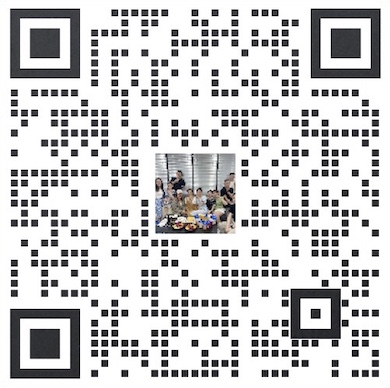
7x9小时
9:00am - 6:00pm
免费售前热线
13338363507
Self-Learning CRM Security Systems: Adapting to Emerging Threats
2024-02-06
In today's digital age, customer relationship management (CRM) systems are an essential tool for businesses to manage and analyze customer interactions and data throughout the customer lifecycle. However, as the use of CRM systems continues to grow, so do the security threats that target these systems. In response to this, self-learning CRM security systems are emerging as a critical component in protecting sensitive customer data and ensuring the integrity of CRM systems.
Self-learning CRM security systems are designed to adapt to emerging threats by continuously analyzing and learning from new data and patterns. This adaptive approach allows these systems to stay ahead of potential security risks and provide real-time protection for CRM systems. By leveraging machine learning and artificial intelligence, self-learning CRM security systems can identify and respond to potential threats more effectively than traditional security measures.
One of the key benefits of self-learning CRM security systems is their ability to detect and respond to new and evolving threats. Traditional security measures often rely on predefined rules and signatures to identify and block potential threats. However, as cybercriminals continue to develop new tactics and techniques, these static security measures can become outdated and ineffective. Self-learning CRM security systems, on the other hand, can adapt to these new threats by continuously analyzing and learning from new data and patterns. This allows them to identify and respond to emerging threats in real-time, providing a higher level of protection for CRM systems.
Another advantage of self-learning CRM security systems is their ability to reduce false positives and negatives. Traditional security measures often generate a high number of false positives, which can lead to unnecessary alerts and disruptions for businesses. Additionally, false negatives can result in undetected security threats that can compromise the integrity of CRM systems. Self-learning CRM security systems can minimize these issues by continuously learning and adapting to the unique patterns and behaviors of a business's CRM system. This allows them to more accurately identify and respond to potential threats, reducing the likelihood of false positives and negatives.
Furthermore, self-learning CRM security systems can provide a more proactive approach to security. By continuously analyzing and learning from new data and patterns, these systems can identify potential vulnerabilities and weaknesses in CRM systems before they are exploited by cybercriminals. This proactive approach can help businesses stay ahead of potential security threats and prevent data breaches and other security incidents.
In conclusion, self-learning CRM security systems are a critical component in protecting sensitive customer data and ensuring the integrity of CRM systems. By leveraging machine learning and artificial intelligence, these systems can adapt to emerging threats, reduce false positives and negatives, and provide a more proactive approach to security. As the use of CRM systems continues to grow, businesses must prioritize the implementation of self-learning CRM security systems to safeguard their customer data and maintain the trust of their customers.
↓Scan code to addqiqueadviser↓

↑Learn more digital scenes↑
Extended Reading:
Biometric Advances in CRM Security: Shaping the Future of Authentication Edge Computing in CRM Security: Real-Time Protection for Agile Systems AI-Driven Predictive Security in CRM: Anticipating and Preventing Breaches Quantum Computing and CRM Security: Preparing for Advanced Threats Industry-Specific Compliance: Adapting CRM Security Practices to Sector Regulations Regulatory Landscape for CRM Security: Staying Compliant Balancing Security and Personalization: Ethical Considerations in CRM CRM Security Accountability: Establishing Responsibility Protocols Handling Customer Opt-Outs: Ensuring CRM Security Respects Privacy Wishes Data Ownership and Access Control: Establishing Clear Protocols in CRM Systems more>>
Useful
Useless
Share on WeChat
Open within mini program
![]()
Open WeChat to "scan" and forward to friends
Open WeChat "Scan" and open it in the mini program
关闭预览


